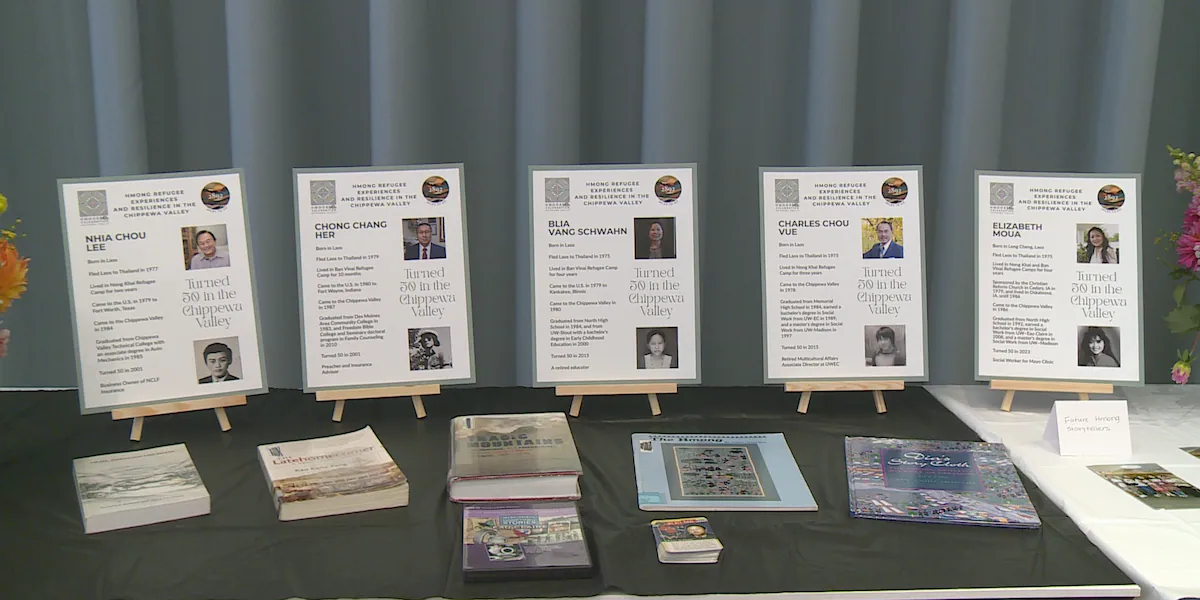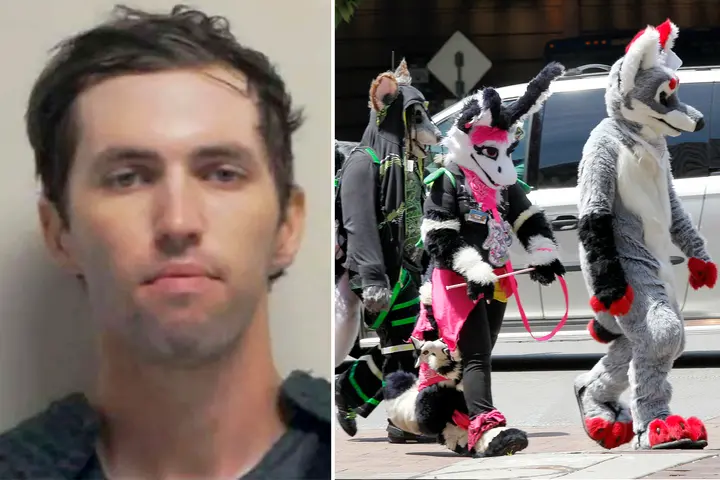
EAU CLAIRE, Wis. (WEAU) – Back in April, Hmong youth participated in a Hmong Refugee Simulation showing a glimpse of hardships Hmong refugees once faced. This comes as their community celebrates 50 years in the Chippewa Valley.
On Thursday, The Hmong Refugee Simulation Committee shared a documentary of the lives of five Hmong refugees that also turned 50 in the Chippewa Valley.
Some people featured in the documentary said “We farmed because we were poor.” Highlighting the milestone for those that left their old lived behind during Vietnam.
One of the participants, Elizabeth Moua said “we need to understand the struggles that our Hmong went through during the war. There’s a lot of trauma that’s attached to just fleeing the war.”
Moua lived in refugee camps for four years and came to the Chippewa Valley in 1986.
She said “fleeing our homeland is traumatic enough knowing that you’ll never come back for the most part. But just the journey itself had lots of consequences for a lot of family members.”
Giving young Hmong students like Valerie Yang an idea of what it was like.
“I could share how sad it was, it was very sad. A lot of horror I feel like, I personally of course could’ve never felt that but all the stories we hear from our grandparents and all of the adults that participated in the simulation. Like they went through that,” Yang said.
She added Hmong people faced different hardships during a major war era.
“We talked about a lot of PTSD in the Hmong community about the Vietnam War and what happened with the refugees,” she said. “In this simulation I was a grandma, and I had my grandchildren and my son with me. Some things they could’ve gone through was being taken by Vietnam, or being tortured by them.”
Others involved said their people are resilient after pursuing better lives coming to the region. One of the featured refugees said “I was able to overcome poverty because I had a city council woman.”
All of them thanked people in the area over the years for welcoming them and their culture at a time they needed peace.
“Especially the Hmong family in Eau CLaire, I know we had a very difficult time. Without them and their friendliness and without their help, we would not be here today,” they said.
Reminding other the value in keeping traditions alive. They said things like “as for our hmong culture, i don’t want us to throw it away. I’d like to recommend the younger generation, especially Hmong, to learn how to speak Hmong, first thing.”
Keeping their heritage alive for years to come.



